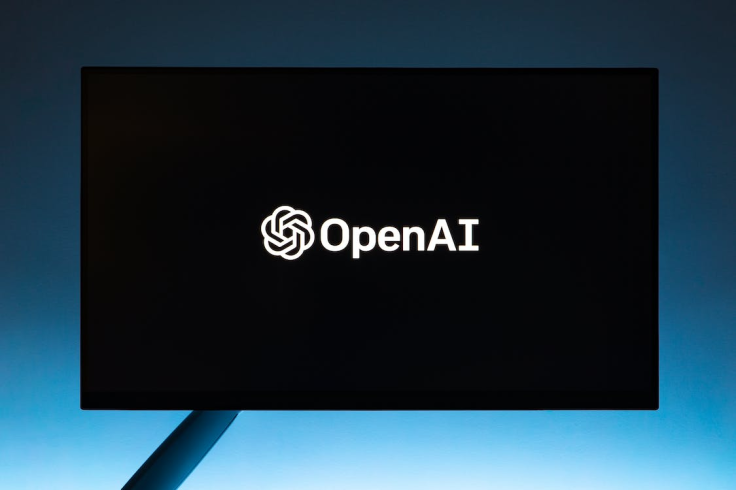In the ever-evolving landscape of educational technology, Arizona State University (ASU) has taken a pioneering step by partnering with OpenAI, the entity behind ChatGPT. This groundbreaking collaboration aims to introduce an unlimited version of ChatGPT Enterprise to the ASU community, housed on an exclusive ASU-only server. While this move sparks optimism about leveraging technology for educational enhancement, it also raises questions about ethical implications, societal impacts, and potential digital divides.

ChatGPT Enterprise at ASU
When ChatGPT emerged in 2022, higher education circles grappled with concerns about academic integrity and the potential adverse effects on student learning. However, amid these uncertainties, hope blossomed that educators could harness the technology to benefit learning outcomes. Now, with ASU becoming the first higher education institution to join forces with OpenAI, a new set of questions emerges, signaling a pivotal moment in the intersection of academia and artificial intelligence.
ASU's initiative involves offering an unlimited version of ChatGPT Enterprise exclusively to its community, ensuring data privacy by confining usage to an ASU-only server. The enterprise version boasts enhanced data analysis capabilities, faster processing speeds, and heightened security measures, with the assurance that OpenAI won't utilize the data for training its models.
Partnership Dynamics
This partnership is not a one-sided affair. OpenAI is actively involved in designing, supporting, and ensuring effective utilization of its tools within ASU. While faculty, staff, and researchers will initially gain access to ChatGPT Enterprise through proposal submissions outlining potential uses, students will only access it when collaborating with those who hold accounts.
A Forward-Thinking Move
Leo S. Lo, an advocate for AI literacy in higher education, applauds ASU's forward-thinking move. Acknowledging the inevitable challenges, Lo sees this as an opportunity for ASU to address ethical, societal, and bias-related questions associated with using generative AI technology. He cautions, however, that this moment is akin to the early days of the internet, requiring a measured approach.
Lo emphasizes the need for vigilance against a potential digital divide, expressing excitement about ASU's initiative while urging caution. Not all universities may have access to such advanced AI tools, creating disparities that echo the early stages of internet accessibility.
While much attention has been on the impact of generative AI on teaching and learning, Lo highlights its significant implications for other facets of higher education. Researchers, for instance, can utilize these tools to synthesize vast data sets, opening new possibilities for innovation and discovery.
AI Literacy and Collaboration
Kyle Jensen, Director of Writing Programs at ASU, emphasizes the power of collaboration facilitated by generative AI. Beyond his discipline, faculty from various fields have come together to explore shared concerns and solve complex problems. Jensen's positive experience with AI technologies in writing courses demonstrates the potential for technology to enhance collaboration and uncover unforeseen opportunities.
The financial aspect of the partnership remains uncertain. Kyle Bowen, Deputy Chief Information Officer of ASU Enterprise Technology, explains that the cost will depend on the scale and duration of the initiative, emphasizing its open-ended and flexible nature. The community's response and engagement will shape the investment's direction.
Anne Jones, ASU's Vice Provost for Undergraduate Education, sees these partnerships as mutually beneficial for tech companies and colleges. ASU, with its vast and diverse community, provides a microcosm for testing ideas and foreseeing future marketplace values. Jones underscores the importance of universities being at the forefront of technology adoption to influence how these innovations shape the broader societal landscape.
ASU's collaboration with OpenAI signifies a bold step towards integrating generative AI into higher education. As the university navigates this uncharted territory, the lessons learned and challenges faced will undoubtedly shape the future landscape of AI in academia. The partnership prompts a broader conversation about responsible AI use, equitable access, and the transformative potential of cutting-edge technologies in shaping the educational experience.
© 2025 University Herald, All rights reserved. Do not reproduce without permission.








